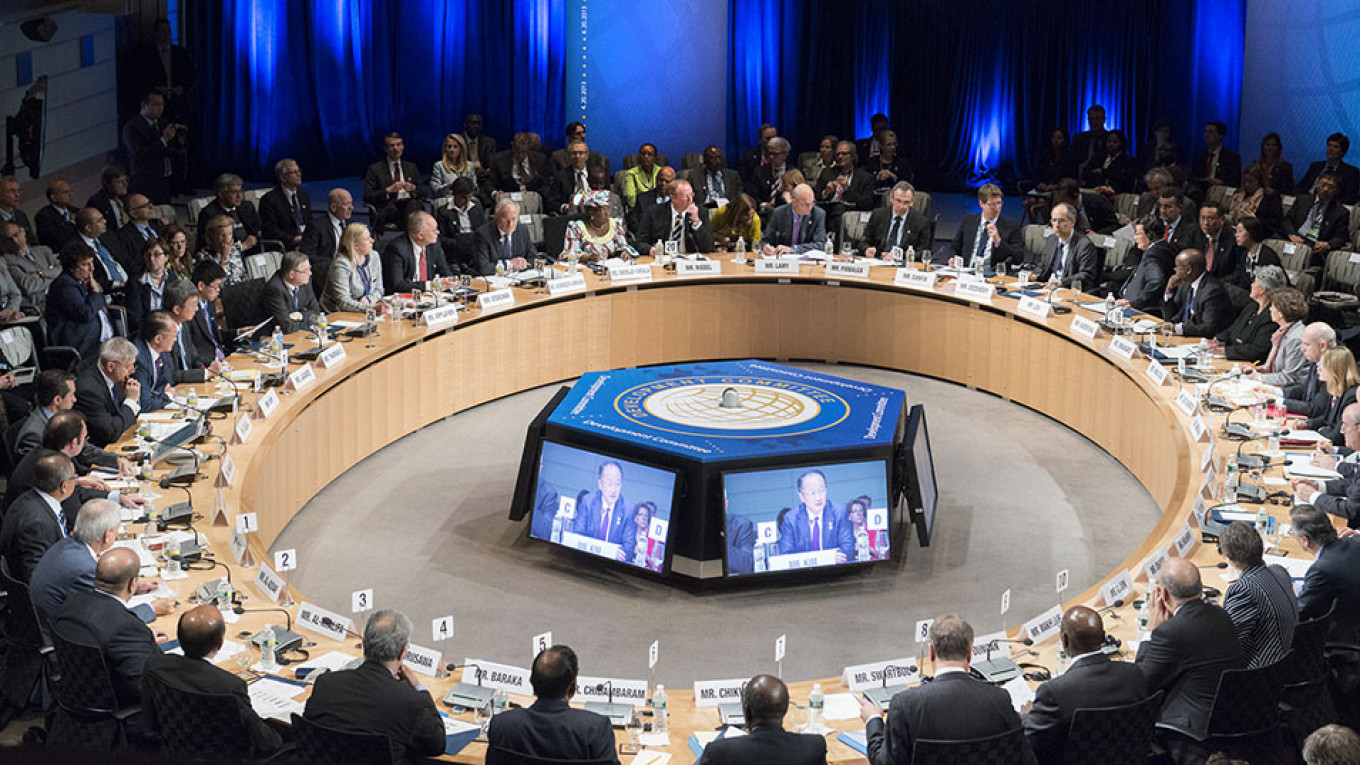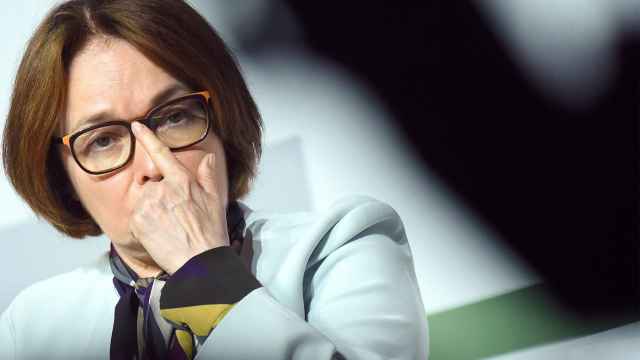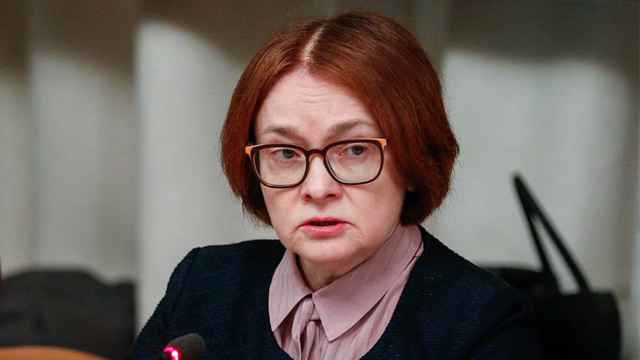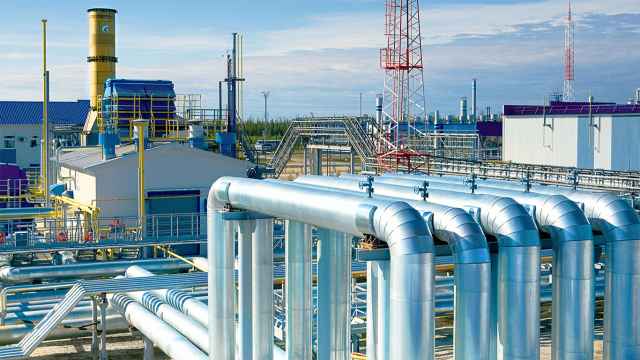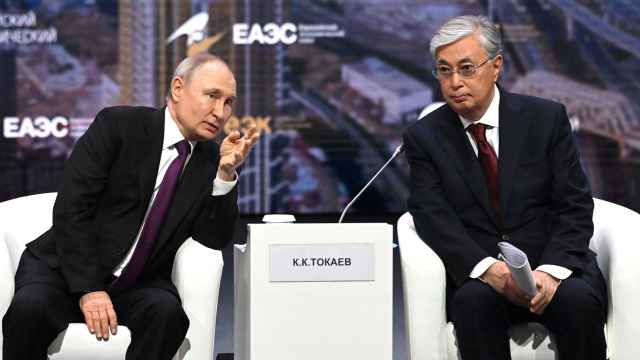The International Monetary Fund cut its forecast for Russian economic growth in 2019 to 1.2% from 1.4% after a weak first quarter, saying broader reforms would be needed for stronger growth.
Without deeper structural reforms, long-term growth is projected to settle around 1.8%, the IMF said on Wednesday. Priority should be given to creating a more vibrant private sector and reducing the footprint of the state, it said.
Russian President Vladimir Putin, after re-election last year, voted for massive spending on health, education and infrastructure — a move the IMF has welcomed.
But in its report on Wednesday, the fund said that the spending plans "should be well-targeted toward strengthening growth, and efficiently implemented."
As one of the ways to boost growth, authorities plan to start actively using the National Wealth Fund (NWF) to support some important large projects at home, after the rainy-day fund reaches a specific threshold allowing the spending.
As the threshold is approaching, Russian central bank governor Elvira Nabiullina has called for the spending plans from the NWF to be reconsidered, to examine whether the current cushion is strong enough to protect the country from possible shocks.
In its report on Wednesday, the IMF said that the Russian authorities should "refrain from quasi-fiscal activities through the National Welfare Fund and that they should continue to invest NWF funds into high-quality foreign assets."
The IMF also backed the Russian central bank's "careful and data-driven approach in setting monetary policy.”
The next rate-setting meeting is planned for the end of July. In June, inflation slowed to 4.7% year-on-year from 5.1% in May, remaining higher than the central bank's 4% target.
The Russian central bank has taken steps to cool down consumer lending boom at home, but the discussion among policymakers in Moscow is intensifying over whether the measures are enough. The IMF warned that more steps may be needed if lending growth does not moderate.
The IMF also underscored the importance of having a credible strategy for returning rehabilitated banks to the private sector "in a way that is consistent with increasing competition among banks".
Since 2017, the central bank has bailed out a number of big private banks, promising to sell them when the time is right.
A Message from The Moscow Times:
Dear readers,
We are facing unprecedented challenges. Russia's Prosecutor General's Office has designated The Moscow Times as an "undesirable" organization, criminalizing our work and putting our staff at risk of prosecution. This follows our earlier unjust labeling as a "foreign agent."
These actions are direct attempts to silence independent journalism in Russia. The authorities claim our work "discredits the decisions of the Russian leadership." We see things differently: we strive to provide accurate, unbiased reporting on Russia.
We, the journalists of The Moscow Times, refuse to be silenced. But to continue our work, we need your help.
Your support, no matter how small, makes a world of difference. If you can, please support us monthly starting from just $2. It's quick to set up, and every contribution makes a significant impact.
By supporting The Moscow Times, you're defending open, independent journalism in the face of repression. Thank you for standing with us.
Remind me later.



